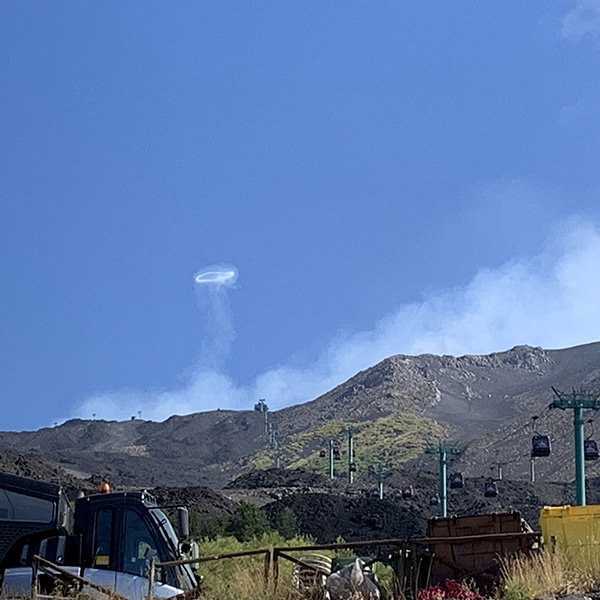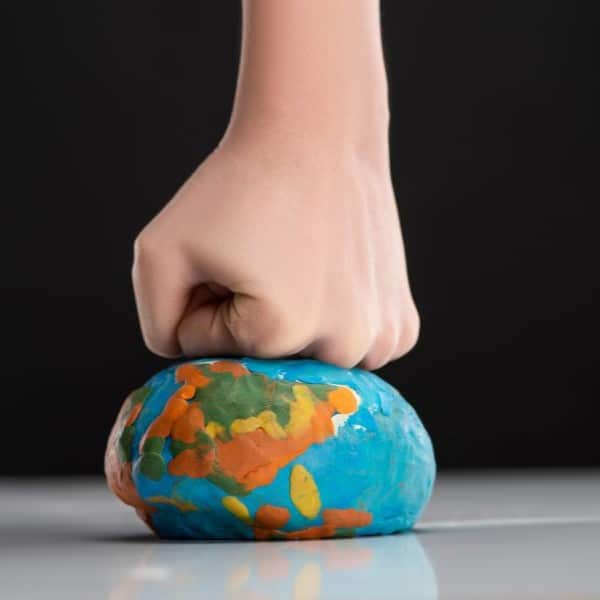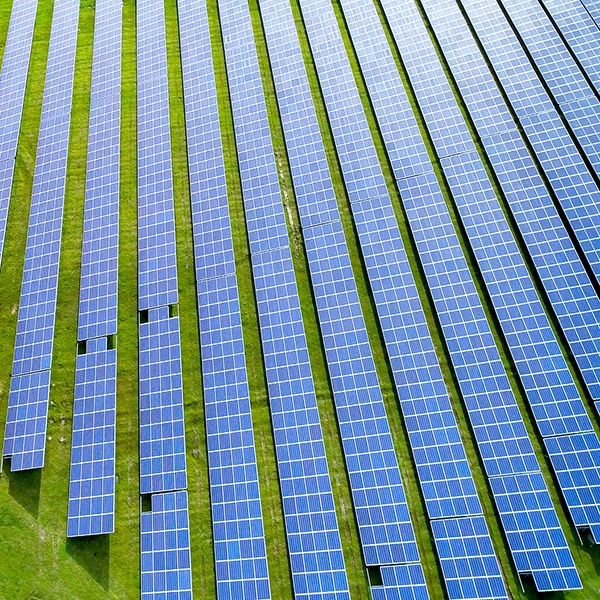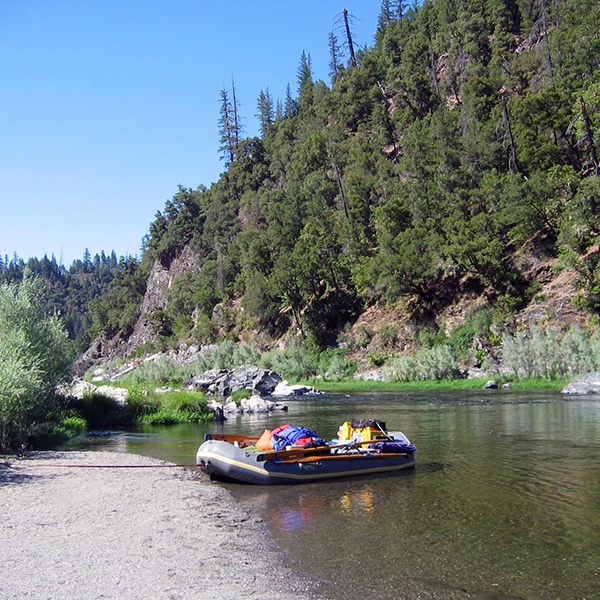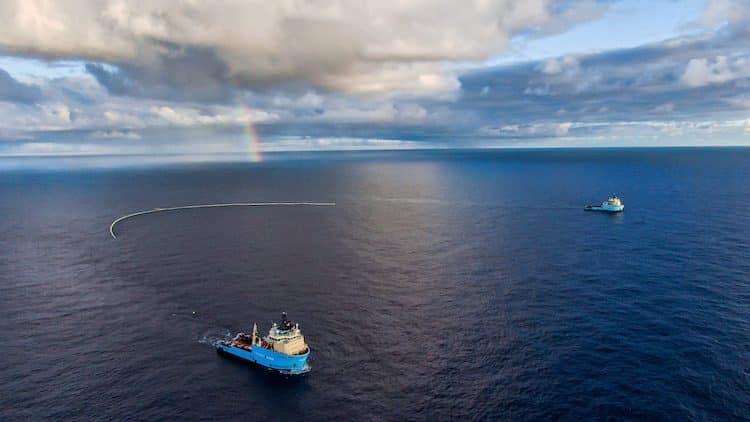
System 002 being tested in 2021 in the Great Pacific Garbage Patch. (Photo: The Ocean Cleanup)
Plastic in the ocean is a huge environmental problem that affects everyone. From the microplastics that make their way into human and animal bodies to the trash which chokes vegetation and wildlife, this material is a hazard. But did you know there's a mass of plastic garbage double the size of Texas floating between Hawaii and California? Known as the Great Pacific Garbage Patch, it is one of five extremely large such patches around the world. Fortunately, one organization is stepping up to clean our waters and continues to hit ambitious goals. The Ocean Cleanup—a nonprofit dedicated to the goal of removing 90% of floating ocean plastic by 2040—hit a new record in their own efforts. In one “extraction” using their system of nets and boats, they scooped a whopping 25,000 pounds of refuse.
That refuse comes from the Great Pacific Garbage Patch, where the organization has been using its System 002 method to extract trash. Two large ships tug a long strand of net which links the two boats. It skims the surface, collecting massive piles of refuse. System 002 is 875 yards long. A new System 03 is currently being made and is an incredible 2,400 yards long. It will be able to cover the surface area of a football field every five seconds. Though this new system is a welcome upgrade, the scale of clean up is already impressive: this most recent voyage collected 50 tons of garbage over four weeks.
On the voyage back to Victoria, British Columbia, those aboard the ship are tasked with sorting the trash. What can be recycled is, and the company builds partnerships with others that can use the waste. However, there will always be plastic that cannot be recycled. It will just be less dangerous for marine life once it's out of the water.
The company's positive impact on our oceans is apparent, but the team is not stopping with these massive bodies of water. Rivers which carry plastic out to sea are also a huge problem. The company has set up trash fences and what they call “interceptors” around the world which also filter out trash as it moves downstream. The process will only get more efficient as The Ocean Cleanup continues to develop their use of AI and other technology to model where trash collection is most needed.
Water pollution is undoubtedly a big problem caused by humans, and there's much to be done by all to reverse the damage done and prevent further harm to our oceans. Luckily, The Ocean Cleanup is also doing its part by beginning to clean it up.
The Ocean Cleanup, a nonprofit dedicated to solving the Earth's water's plastic problem, recently scooped 25,000 pounds of plastic trash in one extraction.
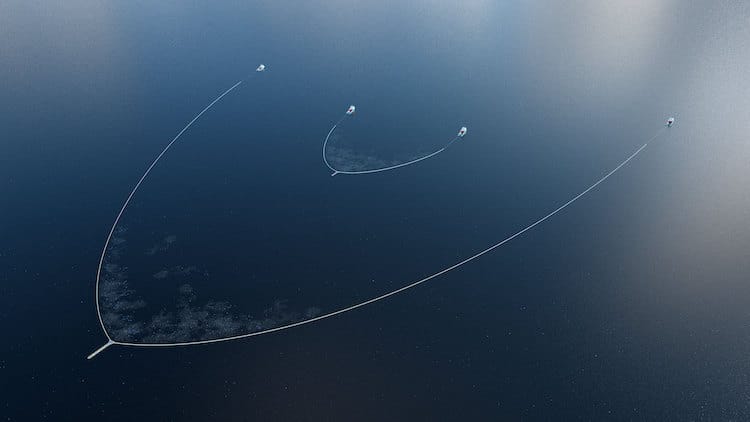
System 003 will be even more massive than 002. (Photo: The Ocean Cleanup)
Totaling 50 tons of scooped trash on one four-week journey, the organization builds on its several years of experience collecting garbage around the world.
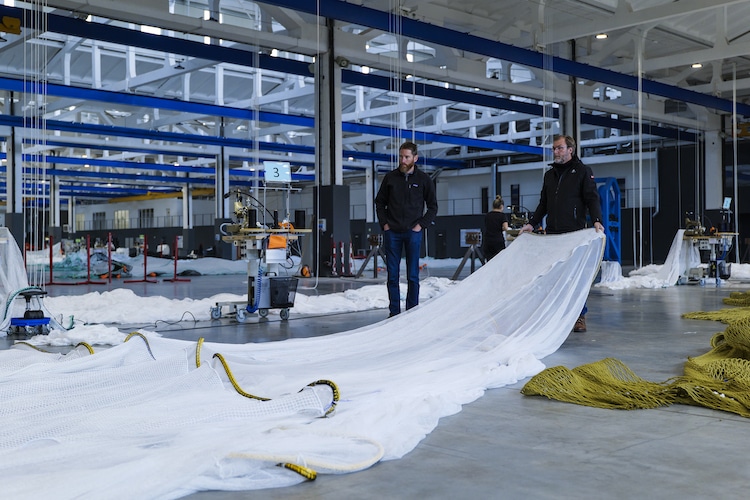
System 03 being produced in Lithuania. (Photo: The Ocean Cleanup)
From trash fences in polluted rivers to boat-pulled nets, The Ocean Cleanup hopes to remove 90% of the world's ocean plastic trash by 2040.
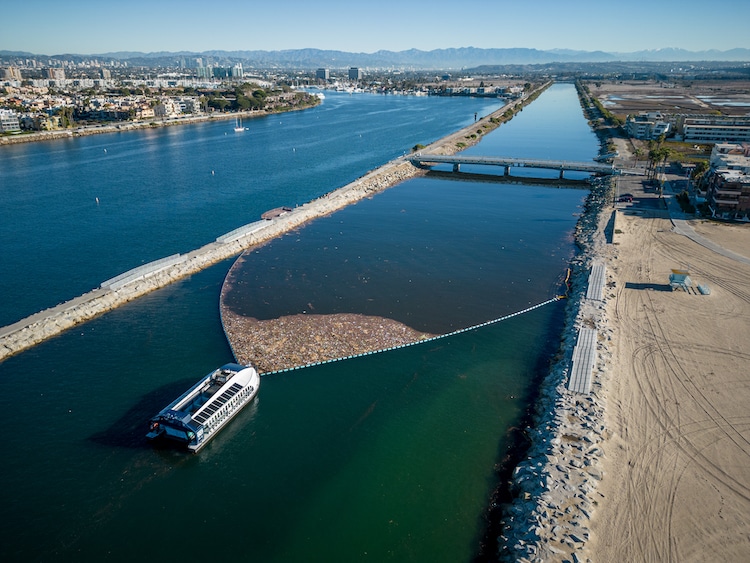
Interceptor 007 at work in 2022 in Los Angeles County. (Photo: The Ocean Cleanup)
h/t: [ABC News]
Related Articles:
Scientists Discover Fungi That Can Eat Plastic in Just 140 Days
100 Top Photographers Come Together for Special Sale to Benefit the Ocean
Ocean Cleanup Has Removed Over 220 Tons of Plastic Out of the Pacific Ocean
“Boy Genius” Is Now a Young Man With a Plan to Remove All Plastic From Oceans by 2050











































































